Open Access Data Centres (OADC), a carrier-neutral data centre provider, has launched a new service, Open Access Fabric (OA Fabric), to connect African businesses, starting with Nigeria, directly to the cloud.
OADC CEO Ayotunde Coker said the platform is built on nearly two decades of investment in subsea and terrestrial fibre infrastructure. West Indian Ocean Cable Company (WIOCC), the parent company of OADC, has been central to projects like the EASSy submarine cable, Google’s Equiano, and Meta’s 2Africa. At the heart of its Nigerian operations is the Lekki data centre in Lagos, launched with 2 megawatts of capacity, and is expected to scale up to 24 megawatts.
“It (Lekki Data Centre) also has a good, vibrant ecosystem of interconnection and carriers, and internet exchanges,” Coker said.
Instead of routing business data through the public internet, OA Fabric creates private, direct links between OADC’s carrier-neutral data centres and global cloud providers.
“On the open internet, traffic takes multiple hops, which causes lags and makes it less secure,” explained Obinna Adumike, who leads OA Fabric. “With OA Fabric, your data moves through a direct, secure path. To break into it, someone would literally have to cut the fibre cable.” This approach also supports Nigeria’s NITDA cloud policy, which encourages safe and local cloud hosting.
The open access fabric underpins Nigeria’s cloud ambitions with carrier-neutral, high-capacity links that connect subsea cables, fibre, and data centres. It cuts connectivity costs, delivers low-latency performance, and gives enterprises, fintechs, and government agencies access to multiple cloud platforms without vendor lock-in.
One of OA Fabric’s biggest strengths is reach. It connects Nigerian businesses directly to major global hubs like London, Amsterdam, and Marseille, as well as nearby African markets such as South Africa and the Democratic Republic of Congo. Nigeria’s location on the Atlantic coast gives it a natural speed advantage for these links.
Coker recalled how OADC’s network proved its reliability during major subsea cable cuts in 2023. While many operators struggled, OADC rerouted traffic through the Equiano cable and claimed it restored services in 48 hours, which usually takes months.
OADC also sees OA Fabric as a foundation for artificial intelligence (AI) adoption in Africa. AI workloads need huge computing power and low-latency connections, which OA Fabric and OADC’s “AI-ready” data centers are built to deliver.
“AI depends on massive infrastructure and global connectivity,” Coker said. “By combining advanced data centers with secure, open connections, we’re preparing Lagos to become a regional hub for AI and cloud growth.”
Nigeria is projected as one of the world’s fastest-growing data center markets. OA Fabric could help meet the rising demand by businesses within the continent for cloud and digital services.
Although OA Fabric is live in Nigeria today, OADC plans to roll it out to data centres in Kinshasa and South Africa, with more markets to follow. Where it doesn’t own facilities, OADC will partner with local players, including data centres, telecom operators, and Internet Service Providers, etc, to grow its reach.
“Our mission is to power Africa’s digital economy,” Adumike said. “Whether you’re a small business that needs just 1Gb of bandwidth or a multinational needing 100Gb, OA Fabric can deliver.”
Mark your calendars! Moonshot by TechCabal is back in Lagos on October 15–16! Join Africa’s top founders, creatives & tech leaders for 2 days of keynotes, mixers & future-forward ideas. Early bird tickets now 20% off—don’t snooze! moonshot.techcabal.com
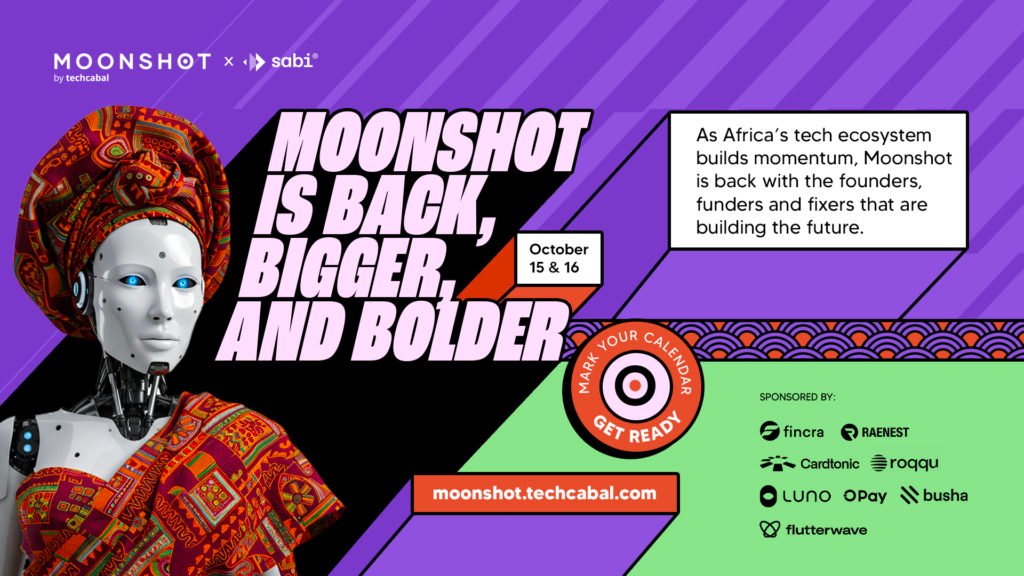



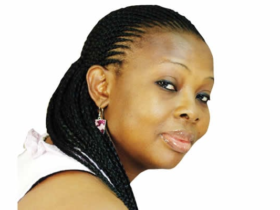
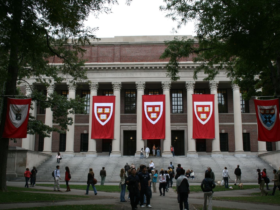
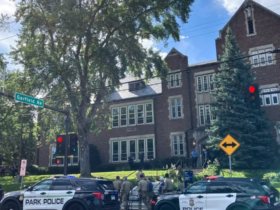

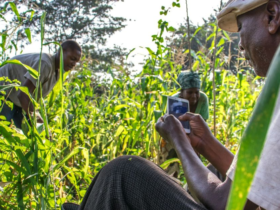
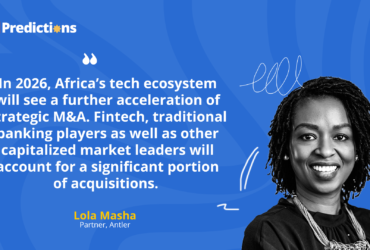
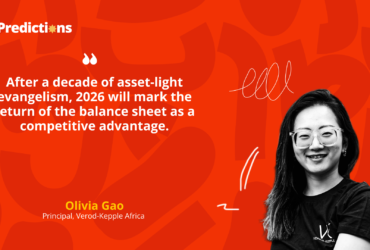
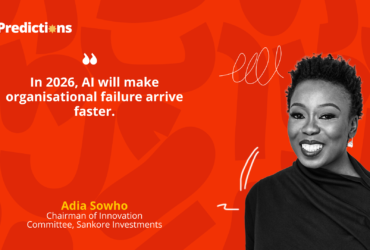
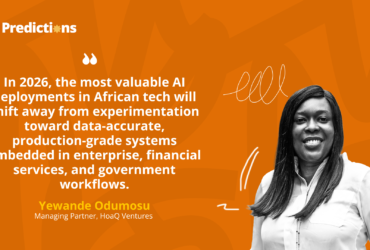
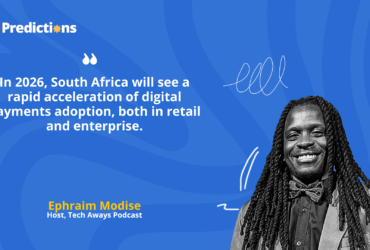
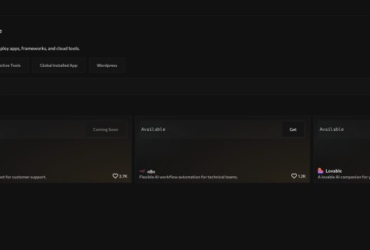
Leave a Reply